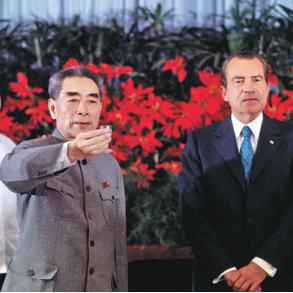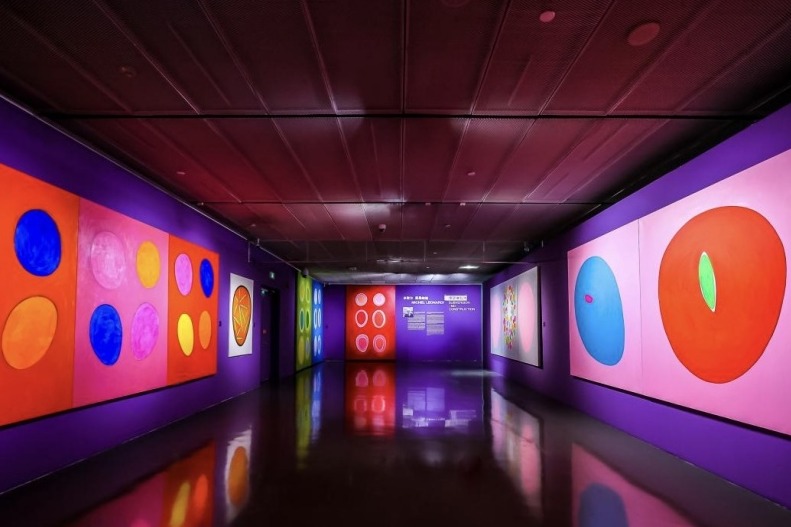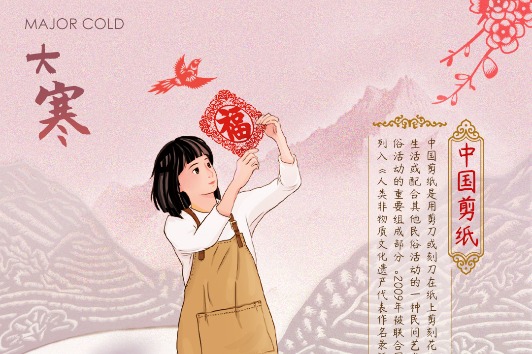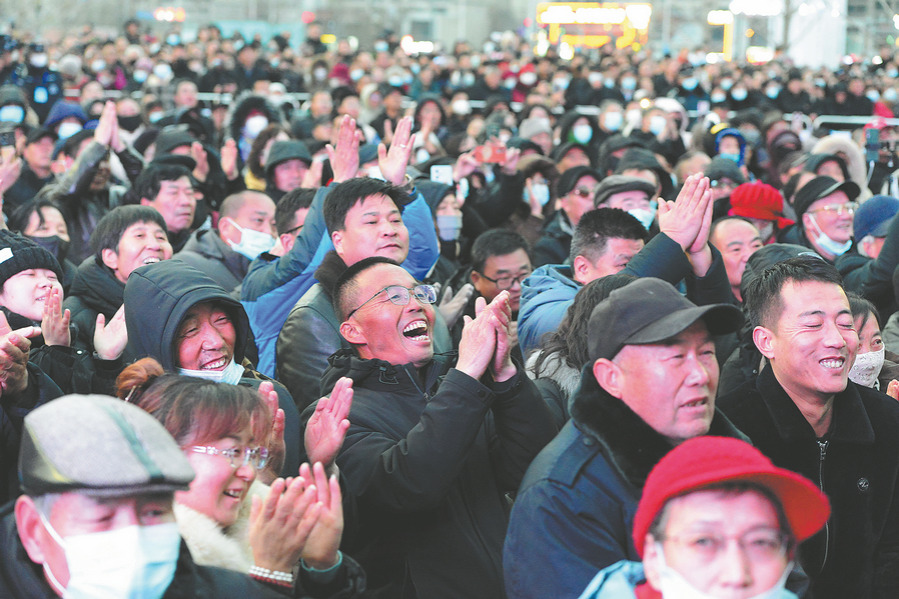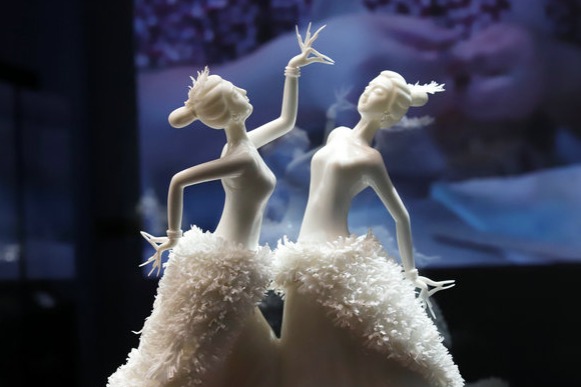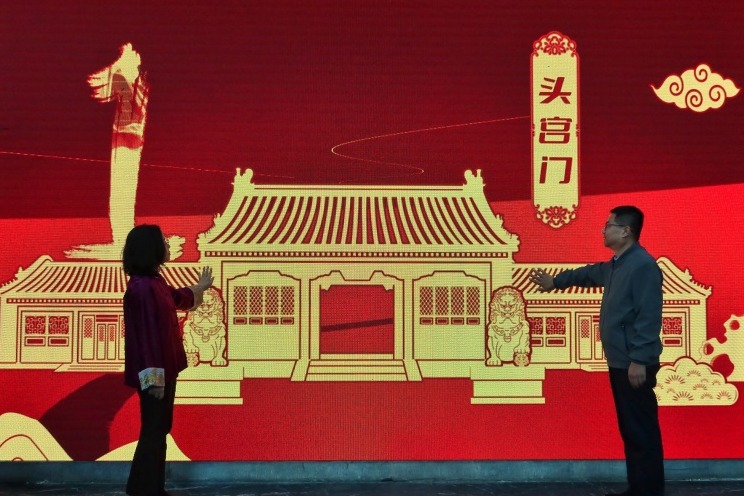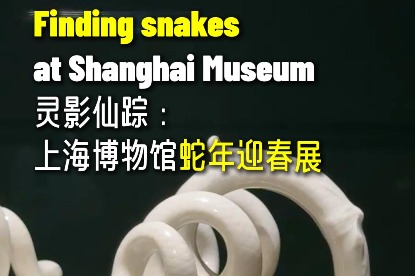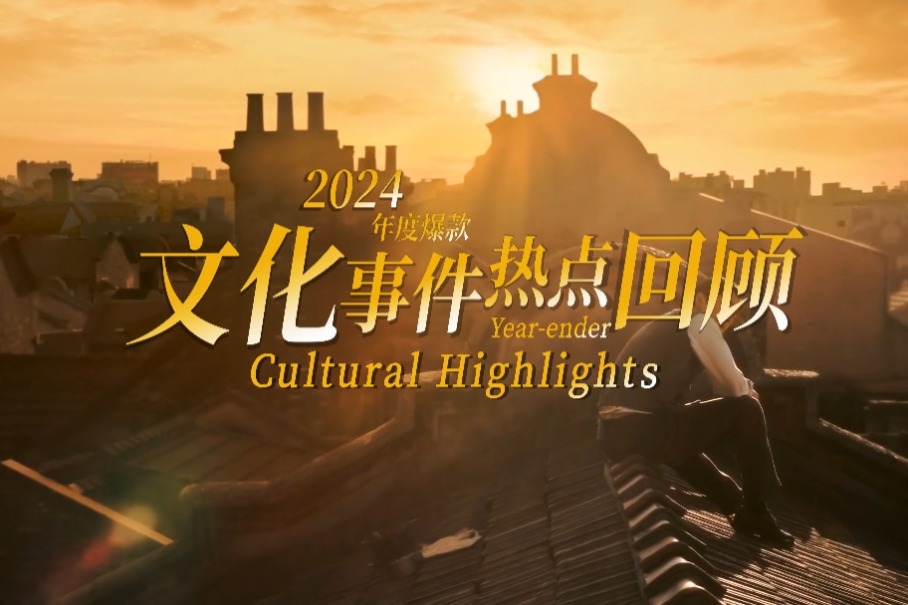How plowshare diplomacy won the day

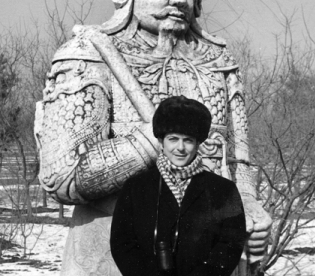 Chas Freeman at the Ming Dynasty Imperial Mausoleum in Beijing during Nixon's visit to China in 1972. CHINA DAILY
Chas Freeman at the Ming Dynasty Imperial Mausoleum in Beijing during Nixon's visit to China in 1972. CHINA DAILY
In the meantime Freeman had also become a hot commodity on university campuses, to which the Nixon administration had been unable to send any speakers before the China trip because of widespread anti-Vietnam War protests.
However, what was most interesting for Freeman to observe was a "sudden, strange fascination" by US right-wingers with China, where "they discovered a society in which students sat straight upright in their chairs, had short hair, respected their elders and adhered to family values of a sort that were then already nothing but a matter of nostalgia in the United States".
In the spring of 1973 Freeman was briefly in Beijing for the opening of the US Liaison Office. And when Xu Shangwei and his wife Wang Hongbao, two young diplomats from the Chinese Foreign Ministry, were in Washington to help set up the Chinese Liaison Office there, they were warmly welcomed by Freeman.
"We were roughly of the same age and level with Chas, and that really helped draw us closer," said Wang, in his 80s, whom Freeman first met in 1972 and whom he called "one of the few Chinese friends of mine who's still alive".
"While we were in Washington, Chas invited us to dinner at his home-he's a big fan of Chinese food," Wang said. "He also recommended books for us to read, connected us with various nongovernmental organizations, and even showed us his paycheck once when we talked about our salaries."
On March 1, 1979, the US Liaison Office was converted to an embassy as the two countries established formal diplomatic ties at the beginning of that year, a long-overdue moment Freeman contributed to as part of the Department of State's China Normalization Working Group.
In early autumn the same year Freeman encountered a man selling noodle soup at the corner of Chang'an Avenue, just off Tiananmen Square in Beijing. "I bought a bowl and asked the vendor what work unit he belonged to. He replied, 'I am my own work unit.'"
About nine months earlier, in December 1978, the 3rd Plenary Session of the 11th Central Committee of the Chinese Communist Party was held in Beijing, a meeting that, by officially putting China on the path of reform and opening up, "had launched a second revolution", Freeman said.


